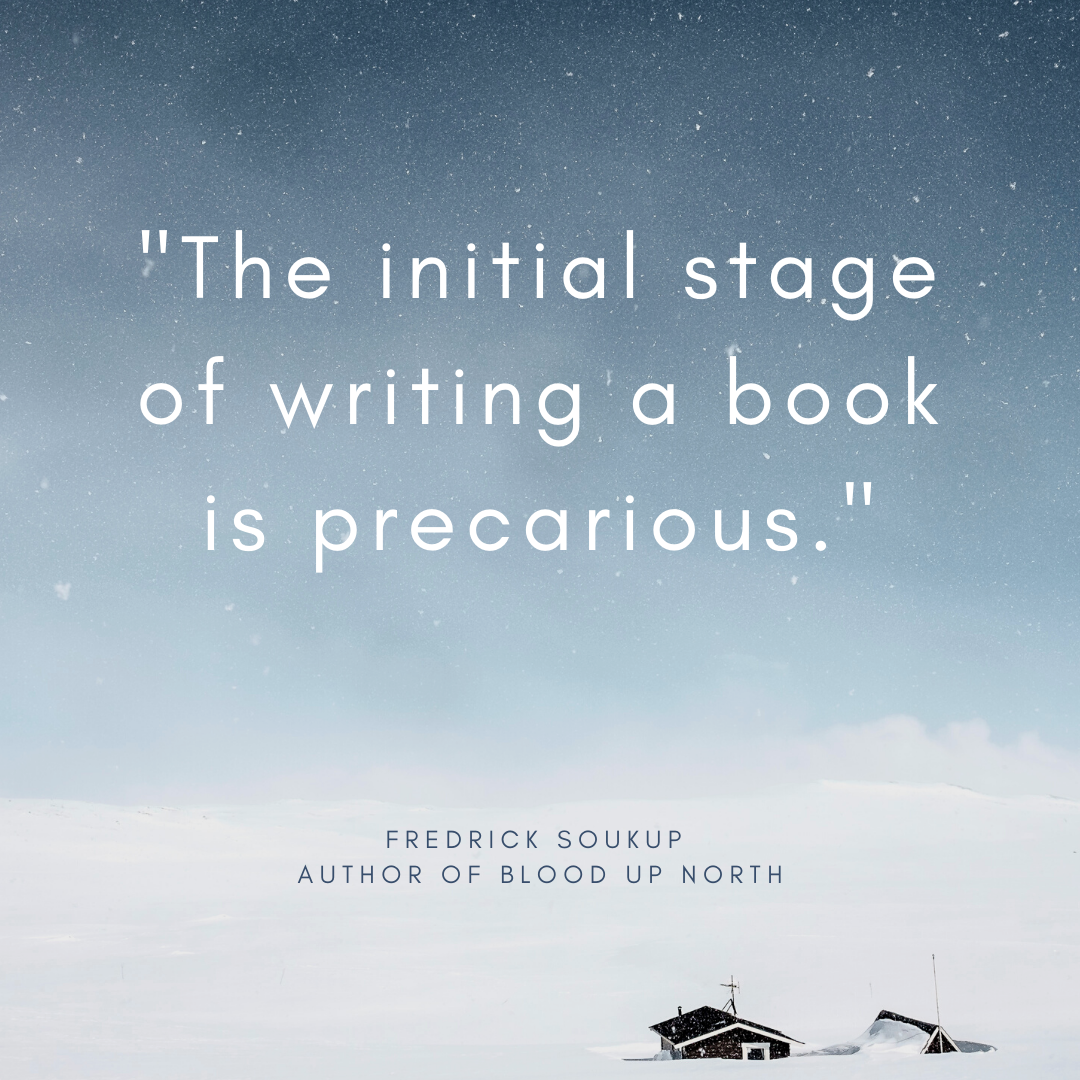By Jessica Clare
It’s 2022, and we’ve been through hell.
(That’s it. That’s the statement.)
Okay, but for real. In the last few years we’ve been through an absolute rollercoaster of things. We’ve had contentious elections. Bombings. Social movements. Beloved celebrities dying. War. Inflation. Housing crises. Supply crises. Everything crises. And a pandemic that’s given us all kinds of post-traumatic stress.
(Does anyone else get unnerved when someone stands a little too close in the grocery store line? Just me?)
As a collective people, we’ve been through a lot. And I’m a firm believer in books as escapism. When I was a child, I absolutely loved books like The Lion, the Witch and the Wardrobe, where these displaced children went to another world and became important and powerful. I loved The Secret Garden, where a displaced girl found a special home for herself that no one knew about. As a teenager, I loved Anne McCaffrey’s Pern Books, where people on a strange planet rode dragons and saved the world. I loved epic fantasy, too, where farm boys discovered they had special powers and rode off to adventure. I was never a huge fan of dark, angsty stories with terrible things happening to people. I hated a tragedy.
There’s enough of that in the world right now.
So I think to unwind, it’s time we take some of the ‘fun’ back for ourselves. What better way to do that than to read some escapist, light, fluffy fiction where there are no bad guys and the biggest question is will they or won’t they? What’s wrong with that? We go through so much on a daily basis that when I ‘escape’ into a book (just like those kids escaped into Narnia) I want to be wildly entertained. I want to know what I’m reading is SAFE and HAPPY and will end in a way that makes me smile.
I don’t want to cry while I read. I don’t want to feel grief. I don’t want to be frightened out of my wits or horrified at another person’s actions.
I want to be wrapped in a fluffy, cozy blanket of feel-good that’s provided by the author. I want to awkwardly fake date Adam Carlsen (The Love Hypothesis). I want to go on my sister’s honeymoon with the annoying best man (The Unhoneymooners). I want to have a sexy handyman help me get out of my comfort zone (Get a Life, Chloe Brown). I want to hire a sexy escort to help me navigate love (The Kiss Quotient).
I want to close a book with a sigh and a smile. I want a few hours of the day to be nothing but sheer joy. We need that right now. And if we’re feeling sad or stressed or lonely, we need to be able to turn off the news or the internet, and have a nice, cozy place to dive into that will envelop us in a warm hug and show us that people are good, bad dates can be funny, and occasionally you just might date a sexy boat captain that will build you a gazebo to show you how much he loves you (It Happened One Summer).
New York Times bestselling author Jessica Clare writes under three pen names. As Jessica Clare, she writes erotic contemporary romance. As Jessica Sims, she writes fun, sexy shifter paranormals. Finally, as Jill Myles, she writes a little bit of everything, from sexy, comedic urban fantasy to zombie fairy tales





